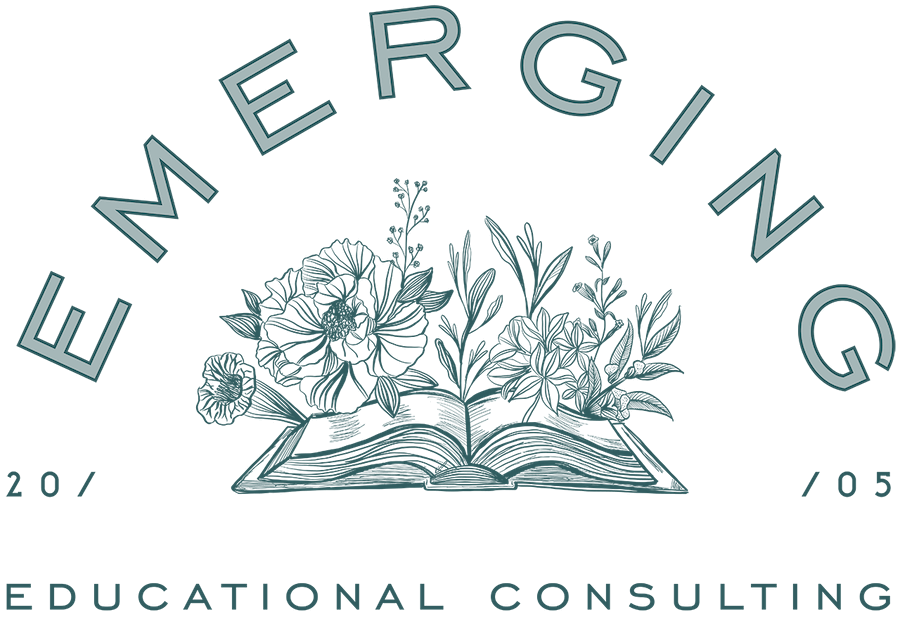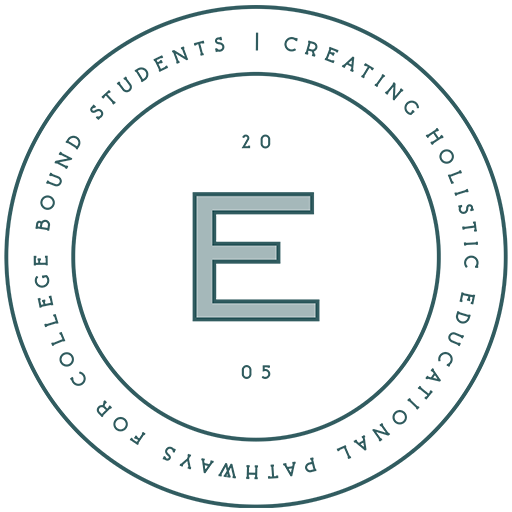Navigating the transition from high school to college is a significant milestone in your academic journey, and it can be particularly challenging for students with disabilities who require accommodations. The shift from the well-defined support systems in high school to the more self-directed college environment introduces new responsibilities and expectations.
This blog series is designed to provide you with a comprehensive understanding of navigating college accommodations effectively.
Want more information and resources? Check out our College Application Guide for Neurodiverse Students!
Join us as we begin our College Accomodations Series over the next two weeks to highlight the following topics:
- What to Look for in a College
- Understanding the Tiers of Support Offered at Different Colleges
- Understanding the Differences Between High School and College Accommodations
- Understanding SAS (Student Accessibility Services)
- Timeline for Applying for Accommodations
Within these posts, you’ll find practical advice on selecting the right college, understanding your rights and responsibilities, and utilizing available resources to ensure your success. Whether you’re just beginning your college search or preparing to start your first semester, this guide will equip you with the knowledge and tools necessary for a smooth and successful transition.
What to Look for in a College
When choosing a college, it’s essential to consider several key factors to ensure you receive the support you need:
Key Factors to Consider
- Faculty-to-Student Ratio: Smaller class sizes can provide more personalized attention, which may be beneficial for students who require accommodations.
- Academic Resources:
- Learning Specialists: Professionals who offer support with executive functioning, organization, time management, and study strategies.
- Writing Center: Assists with writing assignments, helping you organize thoughts and improve writing skills.
- Tutors: Access to tutors in various subjects for additional academic support outside of the classroom.
- Student Accessibility Office:
- This office typically handles accommodations and provides a range of services, including:
- Culture and Programming: Opportunities to engage with peers and participate in events.
- Support Systems: Ensures you receive necessary accommodations and support.
- Size of Campus: Consider the size of the campus and how it might impact your ability to navigate between classes, access resources, and feel comfortable.
- Majors Relevant to Your Interests: Ensure that the college offers programs aligned with your academic and career goals.
- Proximity to Home: Consider how close the college is to home, especially if you prefer to be near family or familiar support systems.
- Disability Laws/Supports: Research the state’s disability laws and how they are applied in the college setting to ensure you receive appropriate accommodations.
- Additional Services on Campus:
- Counseling Center: Provides mental health support for managing the stresses of college life.
- Health Services: Access to medical care and support for managing health conditions.
- Sports and Clubs: Opportunities to engage in extracurricular activities that support a well-rounded college experience.
Stay tuned for the next post about the Tiers of Support Offered at Different Colleges.
Laura Barr is a deeply experienced and passionate college consultant, founder of Emerging Educational Consulting, and creator of the Capstone Certification program. She is dedicated to helping families and professionals navigate the college application process with simplicity, deliberation, and joy. Want to learn more about our services? Tell us your story!




